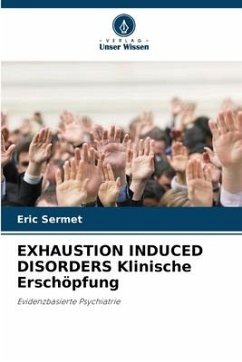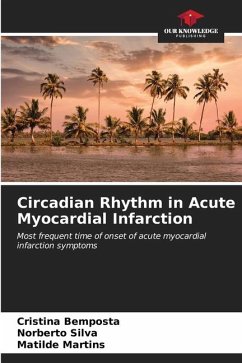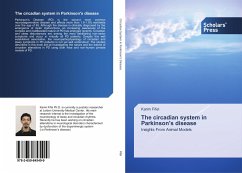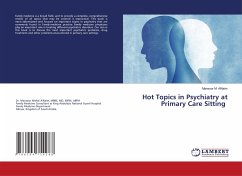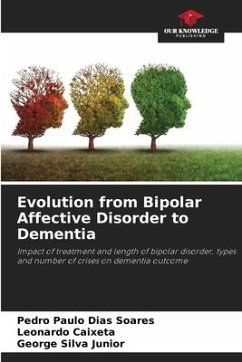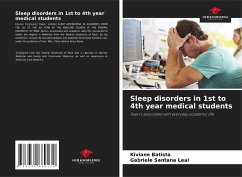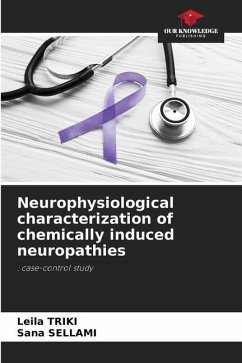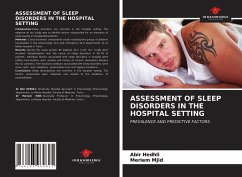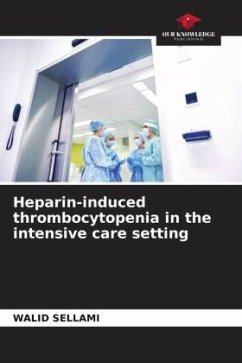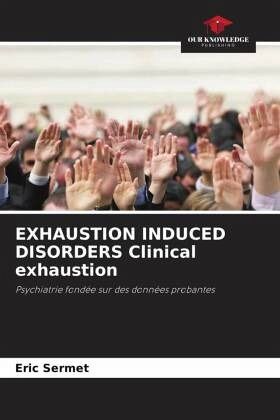
EXHAUSTION INDUCED DISORDERS Clinical exhaustion
Psychiatrie fondée sur des données probantes
Versandkostenfrei!
Versandfertig in 6-10 Tagen
27,99 €
inkl. MwSt.

PAYBACK Punkte
14 °P sammeln!
Until now, medicine did not have a paraclinical examination to diagnose burnout. However, these situations of chronic stress, such as burnout, are increasingly worrying. This book proposes an evidence-based psychiatry by presenting objective data from daily practice. The clinical description of the burnout picture is based on the numerous publications on the neurobiology of adaptation. The paraclinical approach describes the discovery and use of a biobehavioral marker of chronic stress states in humans in daily practice. The non-invasive and continuous use of connected objects is discussed in ...
Until now, medicine did not have a paraclinical examination to diagnose burnout. However, these situations of chronic stress, such as burnout, are increasingly worrying. This book proposes an evidence-based psychiatry by presenting objective data from daily practice. The clinical description of the burnout picture is based on the numerous publications on the neurobiology of adaptation. The paraclinical approach describes the discovery and use of a biobehavioral marker of chronic stress states in humans in daily practice. The non-invasive and continuous use of connected objects is discussed in terms of feasibility and protection of health data, both during complete hospitalizations and during ambulatory follow-ups in real life conditions. These objective data are brought together with a quantified clinical analysis of 350 patients' focus groups, confirming the adaptive behavior measured by changes in the day/night cycle in situations of exhaustion. The book opens a reflection on the exhaustion situation as the ultimate adaptive mechanism.



